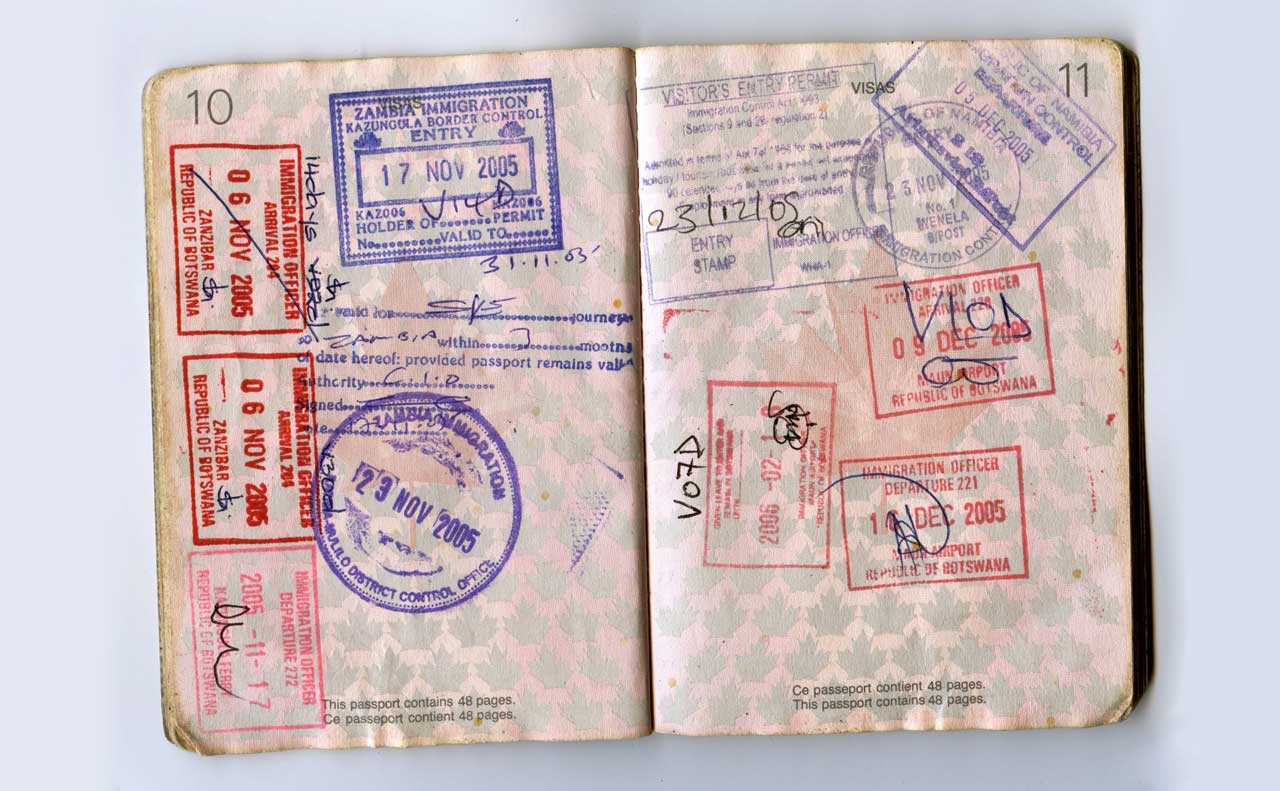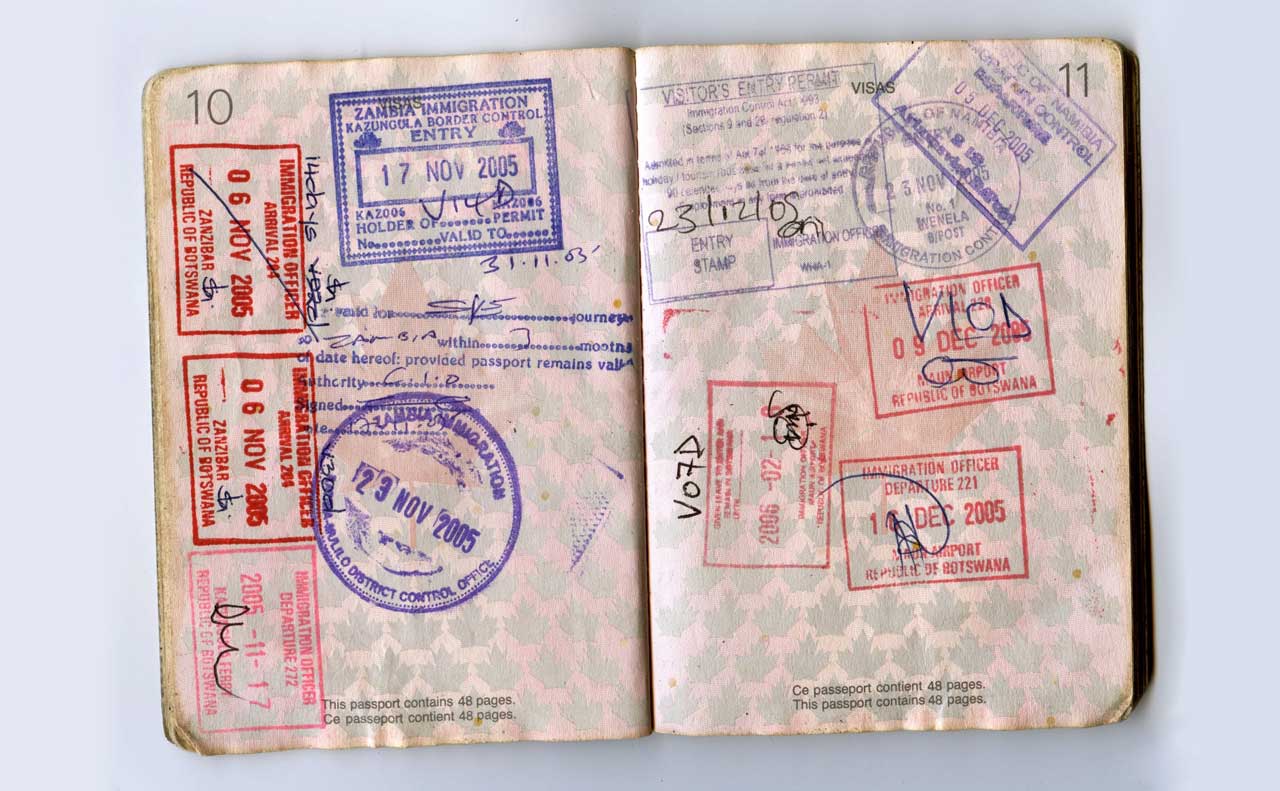
Immediate relatives of United States citizens are afforded certain advantages under immigration law. Most foreign nationals who come to the United States and apply for an adjustment of status or change of status are subject to the 30/60/90 – day rule, but immediate relatives of US citizens are exempted from the burden of proving that they did not possess a preconceived intent to immigrate. Furthermore, immediate relatives are also able to circumvent authority that prevents foreign nationals visiting the United States as a part of the Visa Waiver Program. Foreign nationals who are interested in applying for a non-immigrant visa may encounter the issue of having to prove a non-immigrant intent to the USCIS officer. Typically, before a non-immigrant visa applicant’s application is approved, a consular officer must first determine whether the non-immigrant actually seeks to enter the U.S. permanently. This is done because the Immigration and Nationality Act [INA 214(b), 8 U.S.C. 1184(b)], establishes a presumption that all persons seeking entry into the United States hope to become permanent residents. Therefore, in order for the non-immigrant visa application to be adjudicated, the applicant bears the burden of having to prove “non-immigrant intent:” that he/she:
- has a residence abroad
- has no immediate intention of abandoning that residence, and
- intends to depart the U.S. upon the termination of the visa.
The issue that arises for non-immigrant visa holders, who apply for a Change of Status or Adjustment of Status is that, is whether or not the applicant had a “preconceived intent” at the time that they were granted their non-immigrant visa. The Department of State’s Foreign Affairs Manual (9 FAM 40.63, N 4.7), the 30/60-day rule is meant to be used for guidance only. Thus, it should not be used in a denial. However, as a general rule, a person cannot have preconceived intent to enter the U.S. for a purpose different from that permitted under his/her non-immigrant visa. If a foreign national files an immigration petition or applies for an adjustment of status within 30 days’ entry into the United States, the USCIS would likely find that the alien entered with “fraudulent intent” to remain in the U.S. and the non-immigrant visa would be classified as fraudulently obtained. If a foreign national applies for a change of status or adjustment of status after 30 days but before 60 days after entry, the USCIS could view the change or adjustment with an assumption that he/she had a “preconceived intent” to enter as a non-immigrant. However, the assumption may be rebutted by the applicant with evidence showing a change of circumstances. While it is not a guarantee, if the alien applies for the change of status or adjustment status after 60 days of entry into the U.S., USCIS may not look upon the application negatively. The best practice regarding non-immigrant visas is to abide by the time restrictions that the NIV assigned to the alien. [INA 214]
Immediate Relatives of US Citizens
Immediate relatives are a U.S. citizen’s parents, spouse, and/or unmarried children under the age of 21. According to the Matter of Battista and the Matter of Cavazos, immediate relatives of United States citizens who wish to apply for a change of status or adjustment of status are exempt from being subjected to the 30/60 day rule. Thus, immediate relatives of U.S. citizens do not encounter the issues of presumed/preconceived fraudulence.
Exceptions for participants in the Visa Waiver Program (VWP)
The Visa Waiver Program (VWP) allows nationals of 36 participating countries to travel to the United States for tourism or business for 90 days or less without having to obtain a visa. The program was established to eliminate barriers to travel, stimulating the tourism industry, and permitting the Department of State to focus consular resources in other areas. Nationals of VWP countries must meet eligibility requirements to travel without a visa on VWP, therefore, some travelers from VWP countries are not eligible to use the program. Usually a foreign national who enters on VWP cannot file for an adjustment status to lawful permanent resident status (green card holder) or change status to another non-immigrant status while in the U.S. Those entering through the VWP, certify to the Customs and Border Protection that they do not intend to stay in the U.S. If the intent of the foreign national is to stay in the U.S., they are considered ineligible for the VWP. The exception to this is for immediate relatives of U.S. citizens who are the beneficiaries of an immediate-relative petition and file an adjustment of status application within the 90 day authorized period. [INA 245(c)(4)]. If in the U.S. based only on the VWP, then they can file for a green card based on the following three conditions:
- marriage to a U.S. citizen,
- being the child of a U.S. citizen (under 21 years old and unmarried), or
- being the parent of a U.S. citizen, and the U.S. citizen child who petitions for you must be 21 years or older
(These three bases together is called the “immediate relatives” category.) Furthermore, it is best for the foreign national to file the adjustment of status application within the 90 day authorized period. An immediate relative of a U.S. citizen’s AOS application submitted after the VWP validity period will not be denied due to them being out of status, so long as the alien is otherwise eligible for the AOS application. [8 C.F.R. 1208.2(c)(3)(i)].
Image By Jon Rawlinson (passport pages 10-11) [CC BY 2.0], via Wikimedia Commons
The post Exceptions to Fraudulent / Preconceived Intent – 30/60/90 Day Rule appeared first on BCC Immigration.
